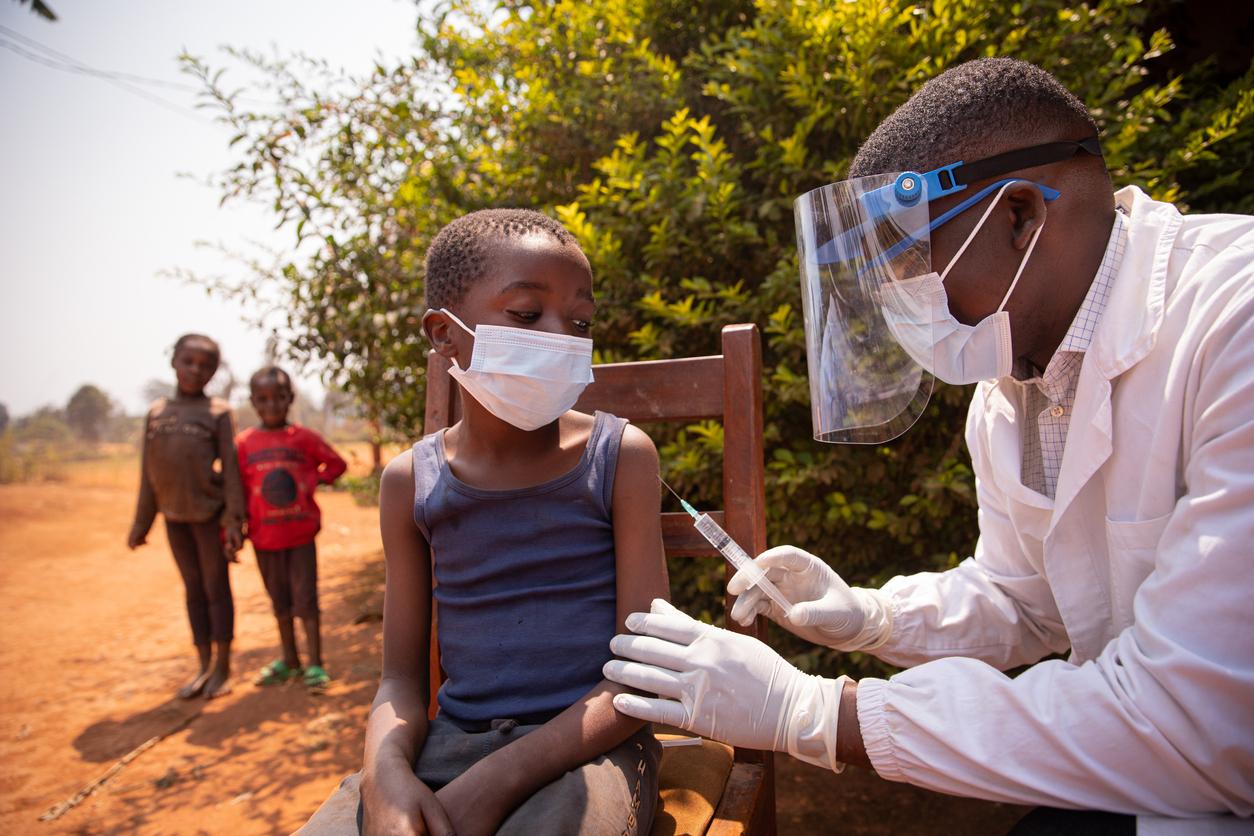Could cholera thwart the pilgrimage to Mecca? Whereas Yemenis in the grip of the most “serious epidemic of cholerain the world”, says the World Health Organization, experts are concerned about a possible spread of the disease in Saudi Arabia. The pilgrimage, from August 23 to September 1, brings together between two and four million Muslims from all over the world each year. This massive concentration of population is conducive to the risk of development of infectious diseases such as dengue, yellow fever, Zika virus, meningitis and cholera.
If cholera worries WHO experts so much, it is because the cholera epidemic is spreading rapidly in Yemen, a country neighboring Saudi Arabia. More than 200,000 suspected cases were listed in the organization’s last assessment, on June 24, 2017, an average of 5,000 new suspected cases per day. Already more than 1,300 people have died of the disease. A quarter of the victims are children, again according to the WHO.
Obsolete health infrastructure in Yemen
Cholera is an acute enteric infection caused by ingestion of the bacillus Vibrio cholerae during faecal contamination of food or water. In Yemen, cholera spread very quickly, taking advantage of poor hygiene conditions in a country ravaged by two years of deadly conflict. The collapse of the health, water and sanitation systems directly impacts the health of the 14.5 million inhabitants. Without regular access to drinking water and sanitation, the population becomes more vulnerable to disease.
It remains to be seen whether Saudi Arabia is sufficiently prepared to face a possible return of cholera. The disease has been eliminated from the country for years thanks to surveillance and rapid detection according to Dominique Legros, a cholera expert for the WHO. He says he is confident: “In my opinion, they are well prepared”, he commented during a UN press conference, taken up by West France.
#Cholera in #Yemen: @UNICEF & @WHO are supporting 626 diarrhea treatment centers & oral rehydration therapy corners across the nation. pic.twitter.com/TMqhV61wHr
— UNICEF MENA (@UNICEFmena) July 16, 2017
Read also:
2 billion human beings still deprived of drinking water
Soon the return of cholera in Europe?

















